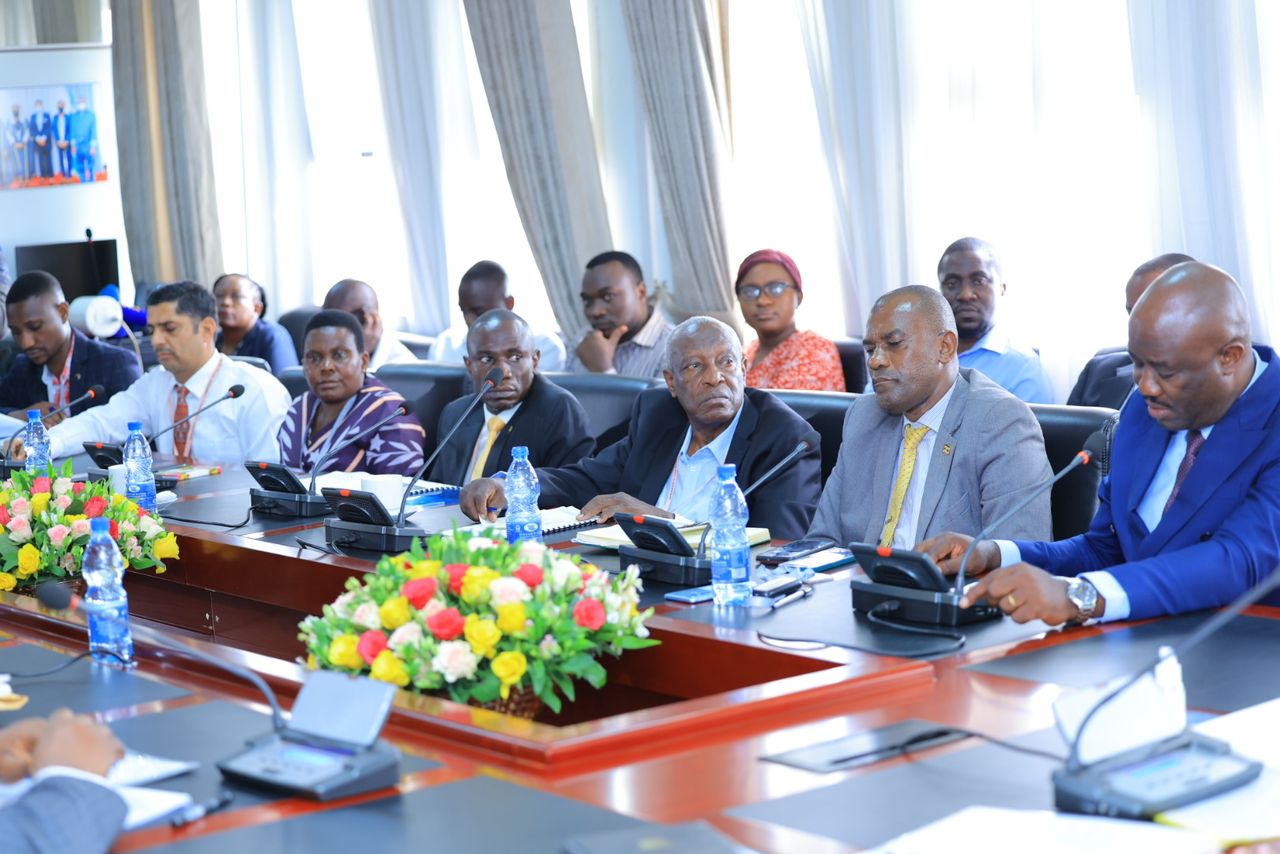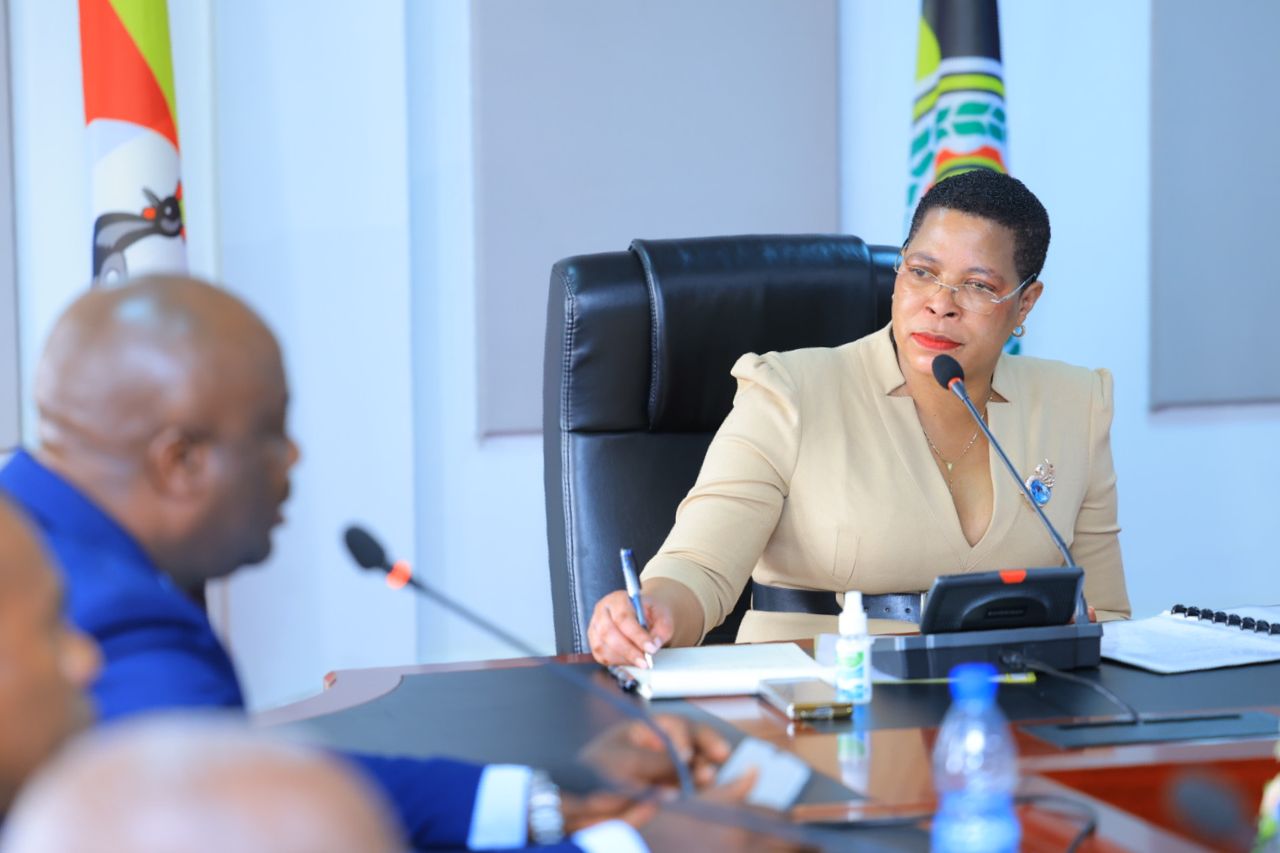Speaker of Parliament, Anita Among, has assured the distressed tea sector, reeling from price drops and costly inputs, that Parliament will address their concerns comprehensively.
In a meeting with leaders from the Tea Farmers of Kabarole District who presented a petition, Speaker Among acknowledged the devastation caused by neglect to what is otherwise a profitable crop. She pledged that Parliament would carefully examine their grievances and handle them methodically.
“We will thoroughly review your petition and address each concern individually. Thank you for entrusting Parliament with your issues…I’ve heard reports of farmers resorting to cutting down their tea plantations out of frustration. Parliament, through the Committee on Agriculture, Animal Industry, and Fisheries, will diligently address your concerns,” she affirmed.
Speaker Among pointed out the disparity between the tea sector and commodities like coffee and cotton, which benefit from established marketing systems. She emphasized the lack of an institutional framework to support tea marketing and negotiate favorable prices and subsidies.
“There is no marketing strategy for tea; we lack the necessary mechanisms to promote tea despite its strategic importance and high revenue potential. We need a legal framework to support its cultivation, marketing, and quality management,” she insisted.
The petition, presented by Mr. Sifar Sanyu in the presence of Mr. Richard Rwabuhinga, President of the Uganda Local Government Association, primarily focused on prices and the need for a comprehensive tea policy.
“The government, through the Ministry of Agriculture, Animal Industry, and Fisheries, should expedite the enactment of a comprehensive tea policy to address issues related to green leaf and processed tea quality, thereby increasing Uganda’s tea prices in the global market,” the petition stated.

The tea farmers also requested a Shs5 billion stabilization fund to assist struggling members of the sector, a one-year waiver on corporate statutory obligations, and subsidies on inputs.
According to Rule 30 of the Parliament Rules of Procedure, petitions are managed through a structured process, starting with a Member of Parliament presenting it, followed by referral to the relevant Committee, and ultimately deliberation by the House on specific requests outlined in the petition.





